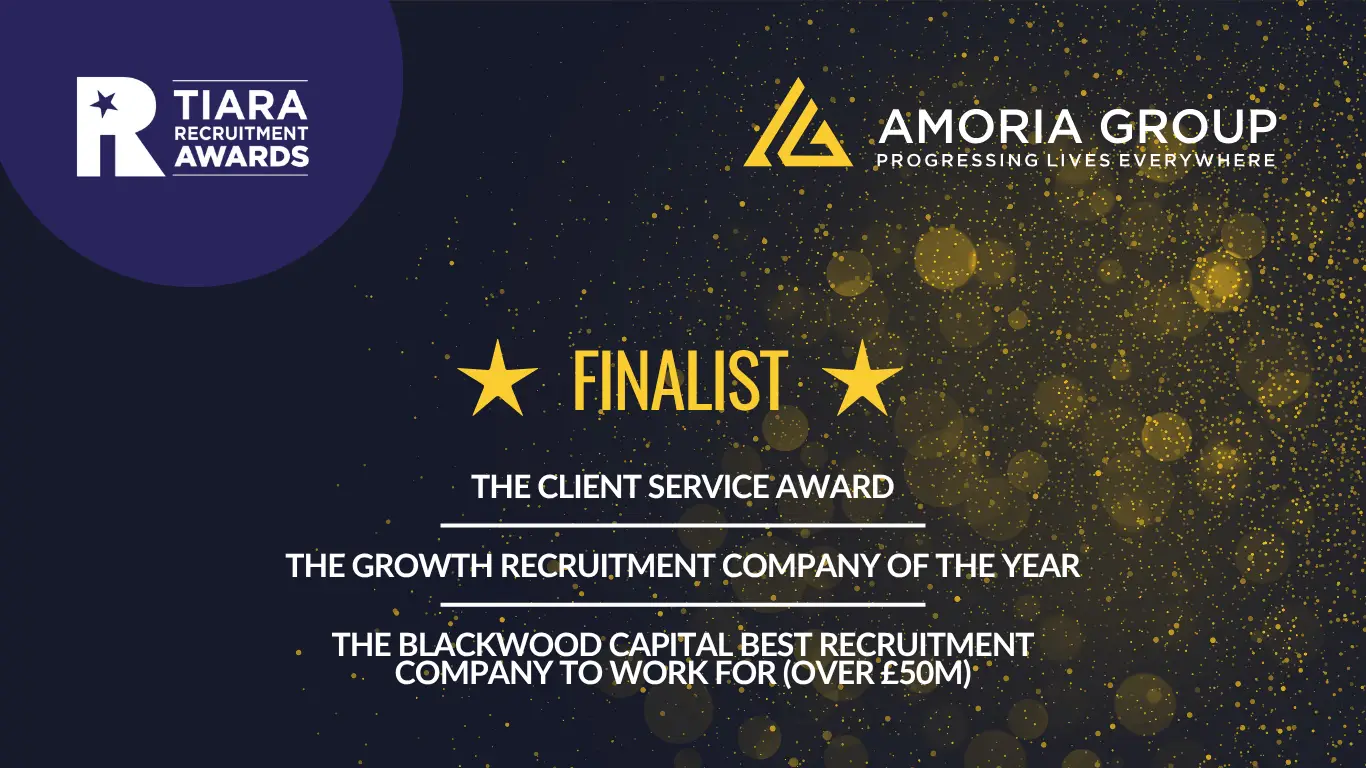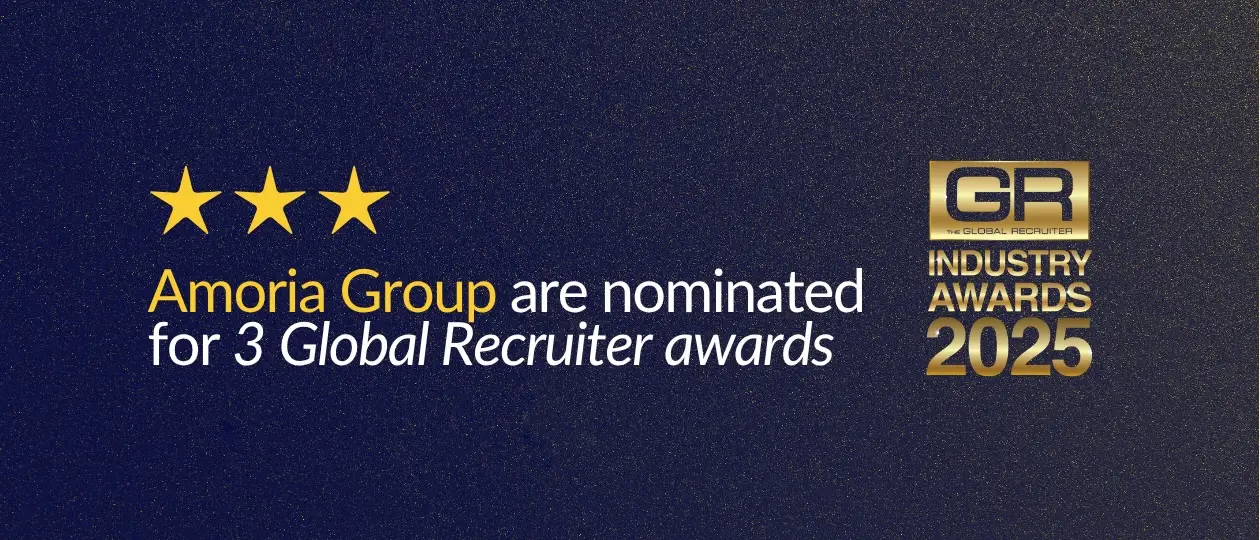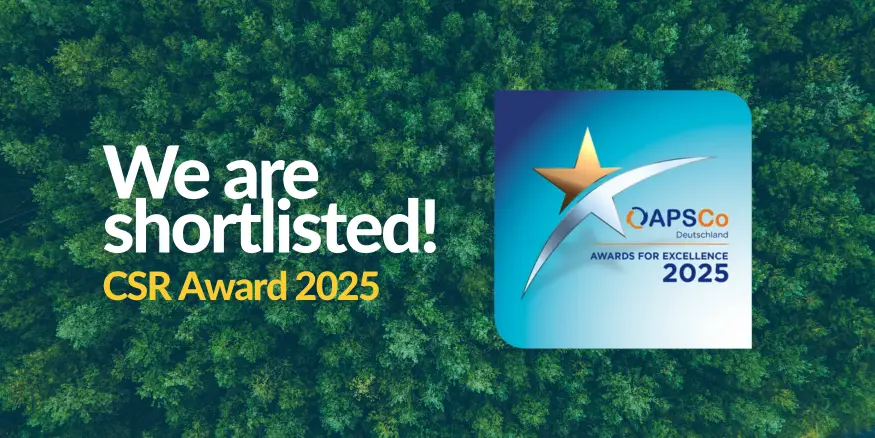This is an extract from an original article written by Colin Cottell which featured in December 2017 edition of the Recruiter magazine – recruiter.co.uk
Personalising employees’ training & development to meet their individual needs and aspirations, and adapting it to meet the needs of the business operating in different cultures, are vital factors in professional recruiter Amoria Bond’s professional development programme, according to the company’s managing director. Daniel Daw tells Recruiter that not only is Amoria Bond’s programme built around the needs of each individual, but also it has been adapted for different demographic groups, and tailored for cultural differences between the UK and the company’s overseas offices.
The company’s Learning Management System (LMS), launched in 2016, is specifically tailored to make it attractive to new entrants, he says. “We understood that the way these Millennials, graduates with a couple of years’ sales experiences - the so-called ‘Netflix generation’ - learn is changing to one of learning on demand.” The result is “a comprehensive online portal that can be used on any device, anywhere in the world and is bespoke to an individual”, he says. This personalisation even extends to providing staff with different options, based on how they learn best. For example, those who learn best by doing might choose the role-play suite.
The LMS is designed for every stage of employees’ careers from trainee through to executive coaching at board level. Similarly, the company’s 10-step career programme is designed with the flexibility to take into account the different skills and aspirations of individual members of staff, says Daw. “We realised that top billers don’t necessarily make great managers, and people would often find themselves having to progress through the management route, but not because they wanted to.” The frustration from finding themselves in the wrong role “can potentially affect the retention of good individuals”, he adds.
The 10-step programme recognised and facilitated “an equally accessible route through to top board level for those who excelled in business development and account management", says Daw. Sideways moves are also encouraged, and a progression path for back-office staff is being developed, he adds. “We are good at spotting what people are good at and, where possible, developing them into these paths. We can give people an alternative to ‘grow a team, become a manager’ kind of thing.”
As an international recruiter, with overseas offices in Amsterdam, Cologne and Singapore, the company takes the same flexible approach to the training and professional development of its staff abroad, says Daw. “ I believe there are cultural differences, which you are better off trying to encompass rather than adopting the one-size-fits - all approach.” In Singapore, “to avoid inadvertently giving offence”, training on meeting and greeting had been changed. And in Germany, where staff “all want their say and are quite direct in their communication”, the company has increased peer group training sessions, he says. “This seems to be far more effective in Germany, whereas in Singapore formal classroom training is more effective, because they are more studious and respectful of hierarchy,” he adds.
Looking ahead, Daw sees the potential for artificial intelligence to personalise training & development even further. He foresees the day that AI will be able to look at performance metrics for individual staff, and then come up with suggestions for training. One example might be where a member of staff attended a lot of client meetings, but few resulted in any business. “The system might suggest ‘go and do some training in conducting effective meetings or how to pitch presentations’,” he says. He envisages taking the first step down this road “probably next year”.
Matt Roebuck, Global Executive Search director, based in Cologne, joined the company almost to years ago after leaving university with no recruitment or sales experience. Roebuck tells Recruiter that the training, development and support he received has been an important factor in his success. “Not everybody is cut out to be a manager straight away, but there has been a lot of investment in me as an individual that has kept me engaged with the business and helped me develop as a leader,” he says.
Mentoring from Daw, sessions with a sports psychologist, and both internal and external training have been vital for his career development, says Roebuck. The company’s commitment to investing in him has also been an important factor in him staying at the company. “I don’t think I would have stayed as long if that investment hadn’t been there,” he says.






